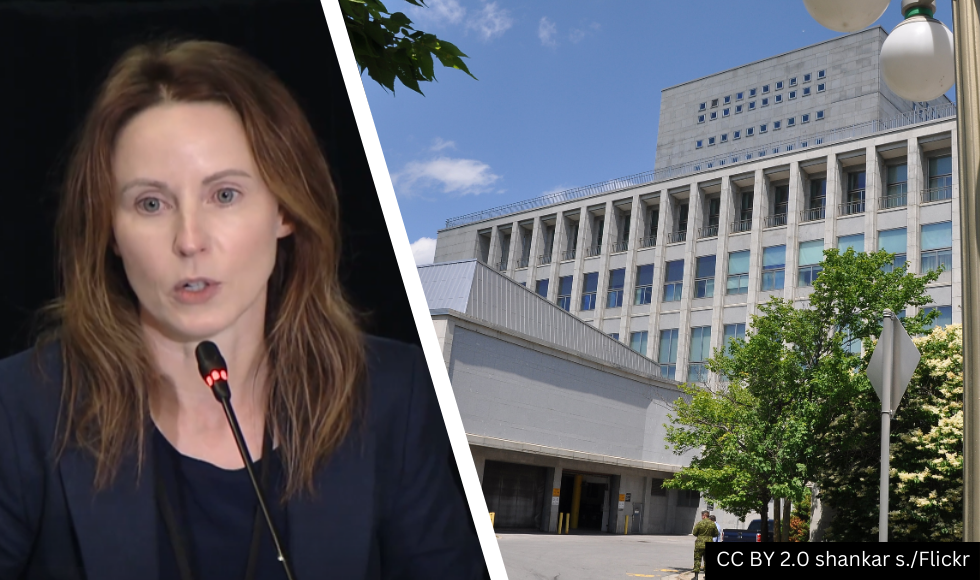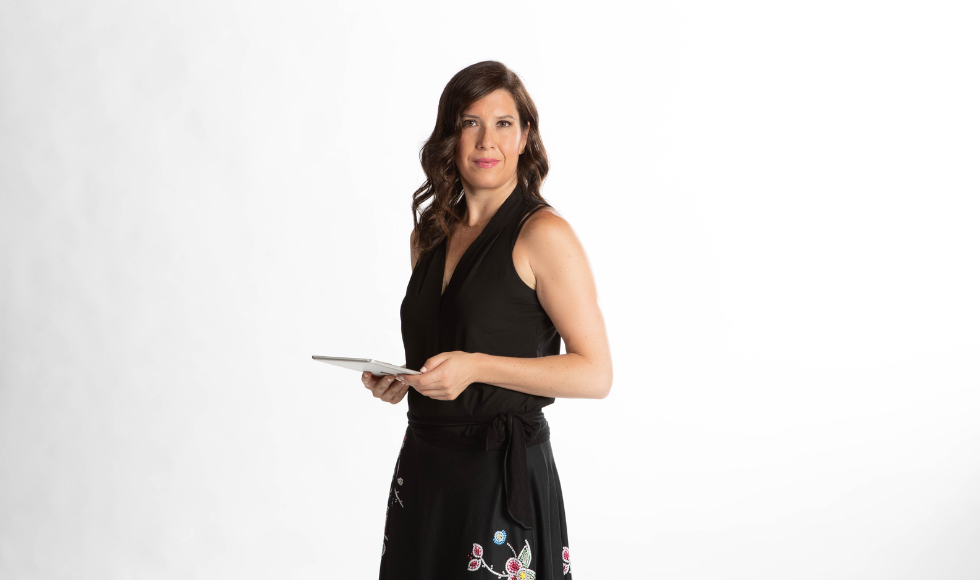Political Science Professor Thomas Marois named Tier 1 Canada Research Chair

Thomas Marois, professor in the department of political science, has been named as a Tier 1 Canada Research Chair (CRC) in Public Banking for Sustainability, Inclusion and Prosperity.
Marois is the director of the Public Banking Project, a groundbreaking initiative which examines the role that public banks can play in the transition to a sustainable and inclusive future.
“The world of public banks is a fascinating but unexplored terrain that is already the foundation of financing global green transitions,” said Marois.
“The CRC in Public Banking for Sustainability, Inclusion, and Prosperity will hold these powerful public entities to account for also advancing socially just, green transitions.”
Social Sciences Dean Jeremiah Hurley paid tribute to the important research that Marois was conducting through the Public Banking Project.
“We are delighted to have Thomas, a world-leading scholar in public banking, among our esteemed faculty,” said Hurley.
“Since joining our community in 2023, Thomas has made significant contributions to our global research portfolio. His work showcases vital policy innovations that can drive sustainability, particularly through the Public Banking Project.”
The CRC in Public Banking has three core objectives: One, to co-create theoretically informed and empirically rich understandings of the capacities of public banks. Two, to strengthen the interface between public banking scholars, policymakers, practitioners, and communities. And three, to train a new generation of public banking scholars.
As these goals are achieved in the coming years, McMaster University and the Public Banking Project hopes to emerge as the world-leading hub of progressive research and policy practice on public banks for global green and just transitions.
What are Public Banks?
Public banks are financial institutions that are located within the public spheres of states. Public banks are located in public spheres through ownership of a government, public authority, or other public enterprise; through legally binding public interest mandates and public law; or through any combination of these factors.
There are two main types of public banks: commercial/retail and development banks. The Alberta Treasury Branch in Canada and the Caixa Econômica Federal in Brasil are examples of a public retail banks, meaning they take personal deposits, offer credit cards, provide mortgages, and so on. The Bank of North Dakota in the USA and the KfW in Germany are examples of public development banks, meaning they do not deal in personal finances but instead focus on larger and longer-term projects for communities, organizations, business and industry, and governments.
Public banks are anything but niche. There are more than 900 worldwide that together hold over $55 trillion in assets (an amount ten percent greater than the GDPs of Germany, the USA, and China combined).
Public banks can function as mandated ‘policy-maximizers’ but not all public banks deliver policy objectives well and function accountably in the public interest. More needs to be known and done about how we can best tap public banks’ financial potential and expertise to confront shared challenges in equitable, inclusive, and sustainable ways.
Awards, Departmental NewsRelated News
News Listing

Associate Professor Chelsea Gabel named Tier 1 Canada Research Chair
Awards, Departmental News
11 hours ago

Political Science associate professor Andrea Lawlor testifies at Canadian Commission on Foreign Interference
Departmental News
3 days ago

Brighter World ➚
Chelsea Gabel appointed to lead national research institute on Indigenous Peoples’ Health
Departmental News
3 days ago
